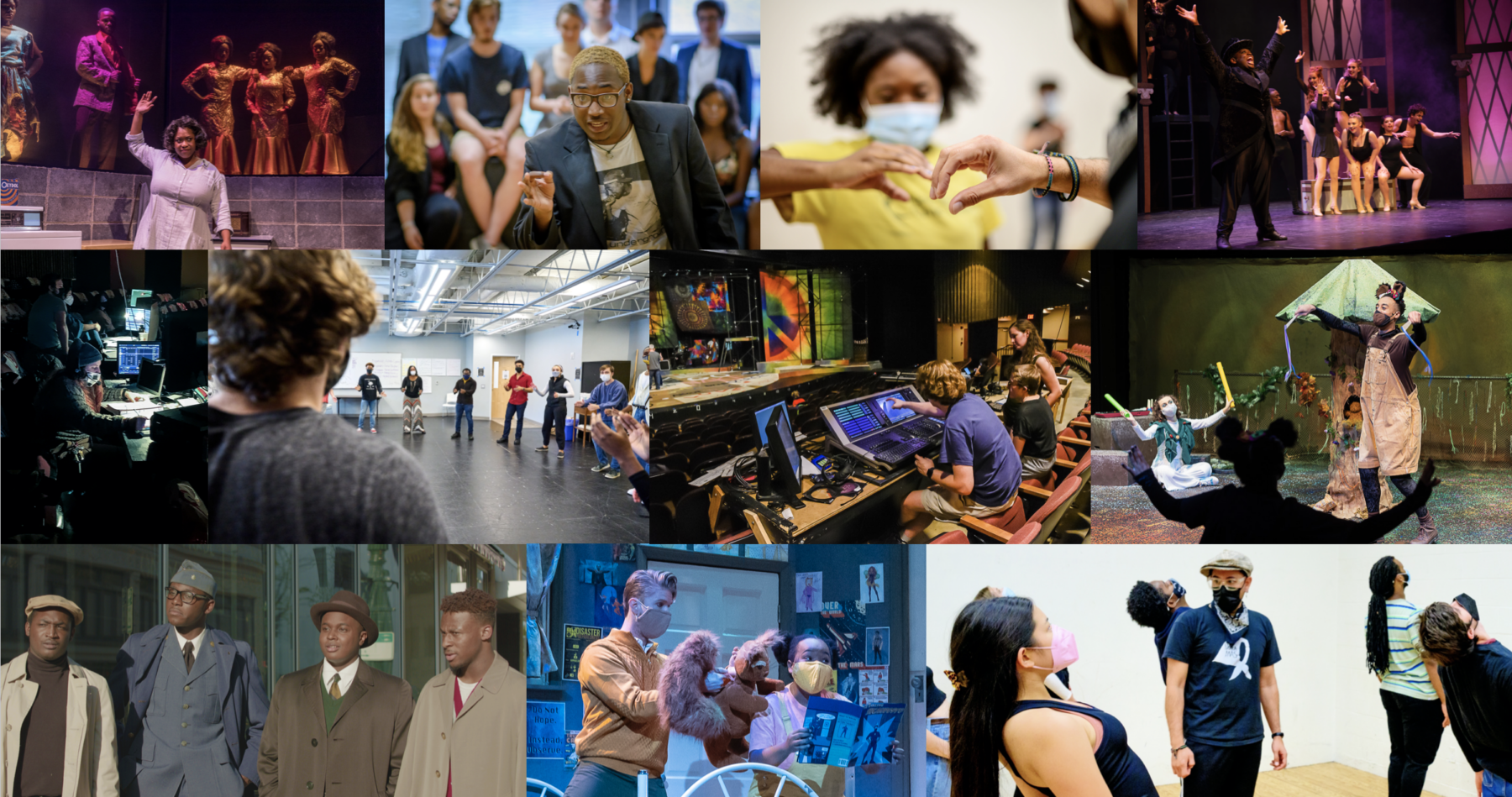Anti-Racist/Bias Statement:
The School of Theatre acknowledges the mistakes we have made dealing with systemic racism, bias, and prejudice, much like the rest of America. We wholeheartedly believe in the following words of Ibram X. Kendi: “The opposite of racist isn’t ‘not racist.’ It is anti-racist.” To the School of Theatre, this means that we will educate our faculty, staff, and students about anti-racist practices. This looks like creating systemic change through workshops, continuing education, and professional development centered around anti-racist practices, theatrical intimacy, and bettering ourselves in service of our diverse and intersectional student body. This feels like educating and empowering our students, faculty, and staff to recognize and speak out against racism and damaging, outdated theatre practices. We are committed to this daily practice of unlearning, growth, and change.
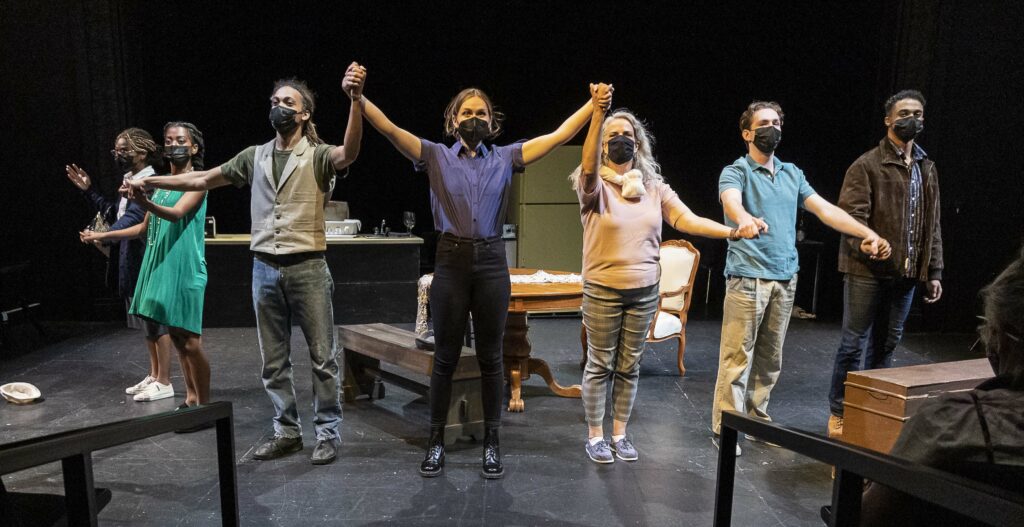
Information about the Scaffolding Change Committee:
Guiding Principles
-
Accessibility: We will ensure that our classrooms, performance spaces, and production materials are accessible to students and community members with disabilities and exceptionalities.
-
Anti-racism: We are committed to rooting out the legacies of racism and white supremacy throughout our curriculum, production practices, and mindsets. Please refer to our full anti-racism statement for further information.
-
Equity, diversity, and inclusion: We are committed to centering the needs of students of color, gender non-conforming students, students with exceptionalities, and other historically marginalized groups in our curriculum, production practices, season selection, and casting.
-
Humanization: We will model humane policies and practices to affirm the value of student artists and protect their health and well-being.
-
Respect: We affirm each student’s right to be treated with respect and dignity regardless of their gender, sexual orientation, race, socioeconomic status, or physical and mental ability. Furthermore, while having one’s viewpoints, opinions, and beliefs challenged is a core tenet of higher education, all members of the community, including faculty, staff, and students, commit to doing so with empathy and attentiveness to the difference between one’s intention and subsequent impact.
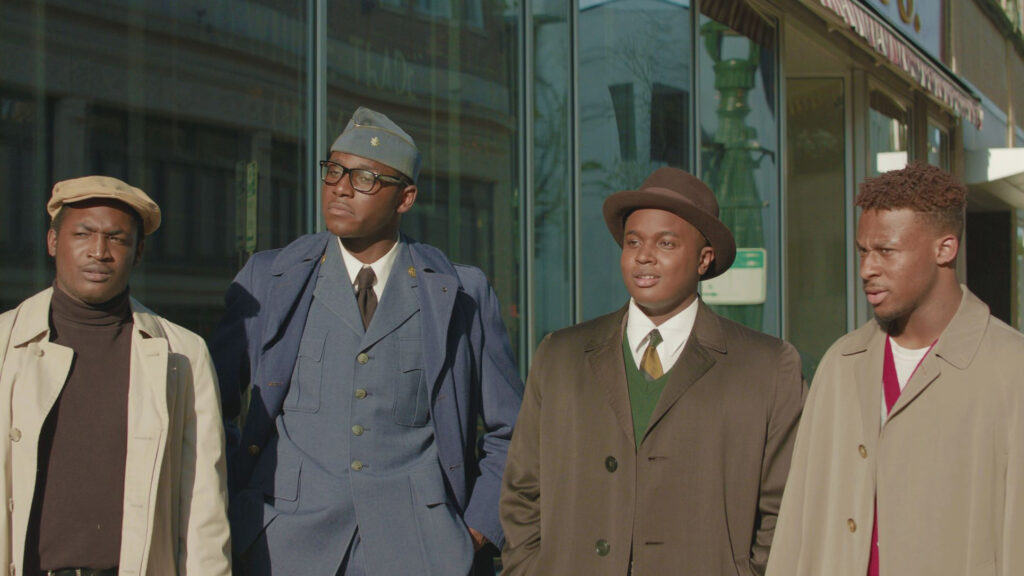
Additional Committee Information:
Scaffolding Change Committee Charge Scaffolding Change Committee Membership and RecruitmentQuestions, Comments, and Concerns Form:
Questions, Comments, and Concerns Form (must be using a UNCG account to view)
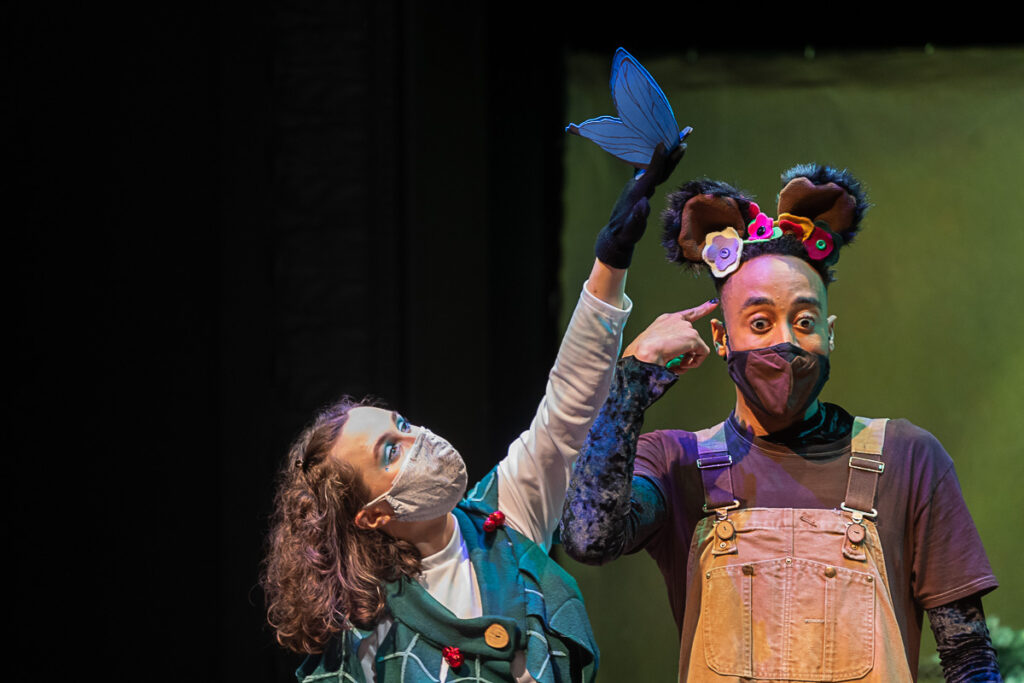
Links:
Equity, Diversity, and Inclusion at UNCG CVPA Equity, Diversity, and Inclusion Committee The Office of Intercultural Engagement at UNCGResources:
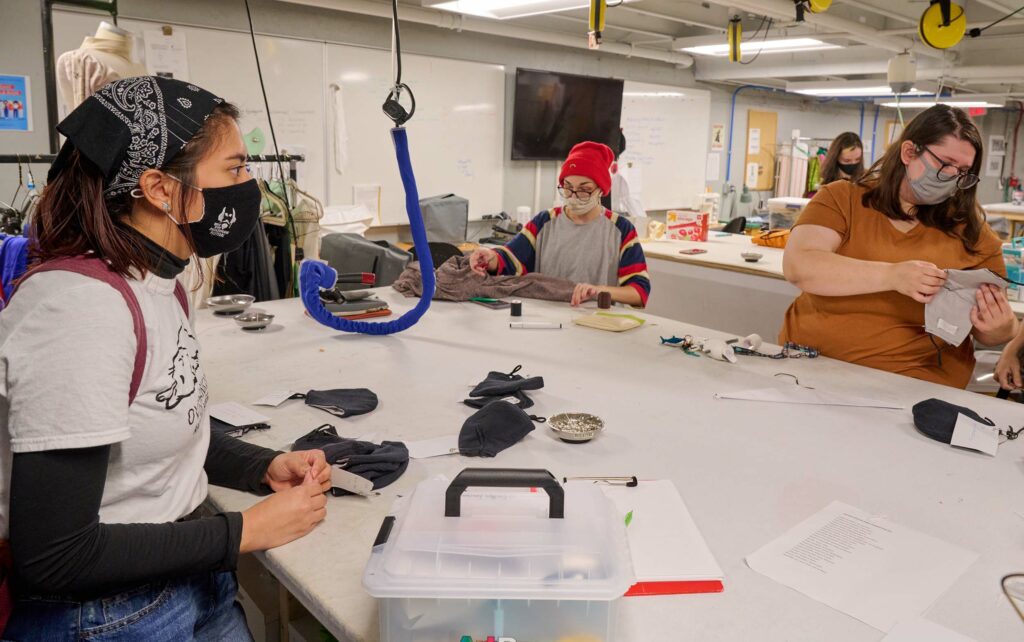
Scaffolding Change Anti-Racist/Bias Action Plan Outline:
This is an outline of the work being done by the Scaffolding Change Committee on an Anti-Racist/Bias Action Plan. We will continuously update the information below as work is completed.
Completed sections of the Anti-Racist/Bias Action Plan:
- Guiding Principles
- Communication and Accountability Plan
- Questions, Comments, and Concerns
- Training
Sections in progress:
- Healing
- Curriculum
- Representation
- Season Programing and Casting
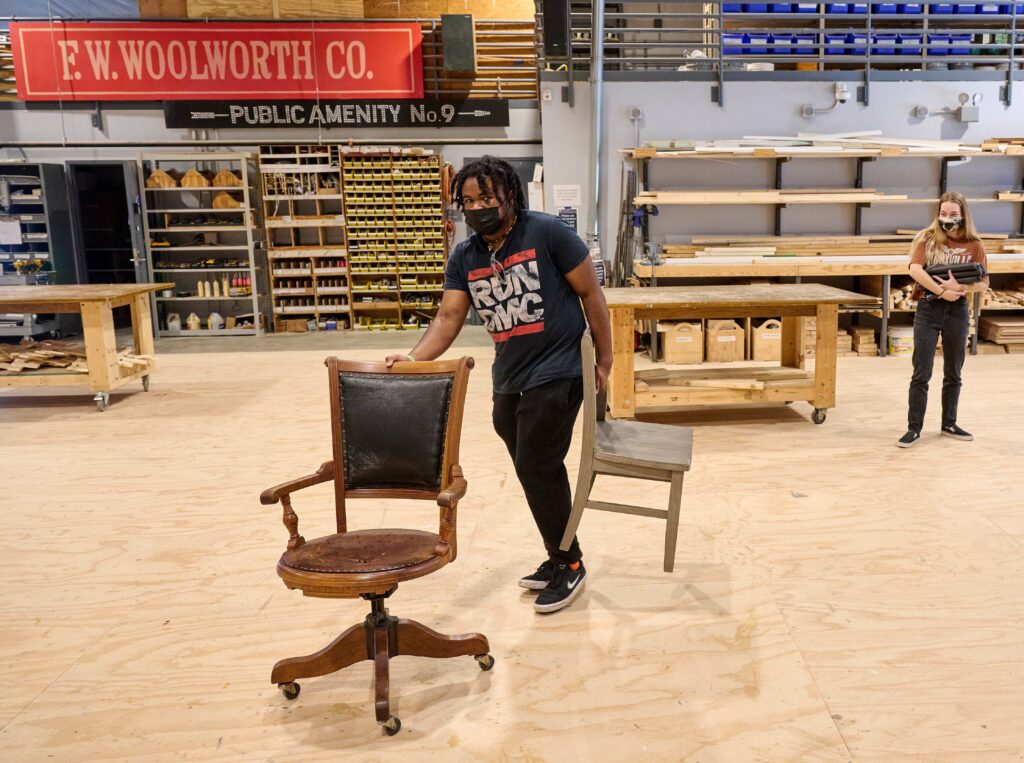
Land Acknowledgment:
We acknowledge that the land we are gathered on has long served as the site of meeting and exchange amongst a number of Indigenous peoples, specifically the Keyauwee and Saura.
Additionally, North Carolina has been home to many Indigenous peoples at various points in time, including the tribes of: Bear River/Bay River, Cape Fear, Catawba, Chowanoke, Coree/Coranine, Creek, Croatan, Eno, Hatteras, Keyauwee, Machapunga, Moratoc, Natchez, Neusiok, Pamlico, Shakori, Sara/Cheraw, Sissipahaw, Sugeree, Wateree, Weapemeoc, Woccon, Yadkin, and Yeopim.
Today, North Carolina recognizes 8 tribes: Coharie, Lumbee, Meherrin, Occaneechi Saponi, Haliwa Saponi, Waccamaw Siouan, Sappony, and the Eastern Band of Cherokee.
We honor and respect the diverse Indigenous peoples connected to this territory on which we gather.
https://library.uncg.edu/info/land_acknowledgment.aspx
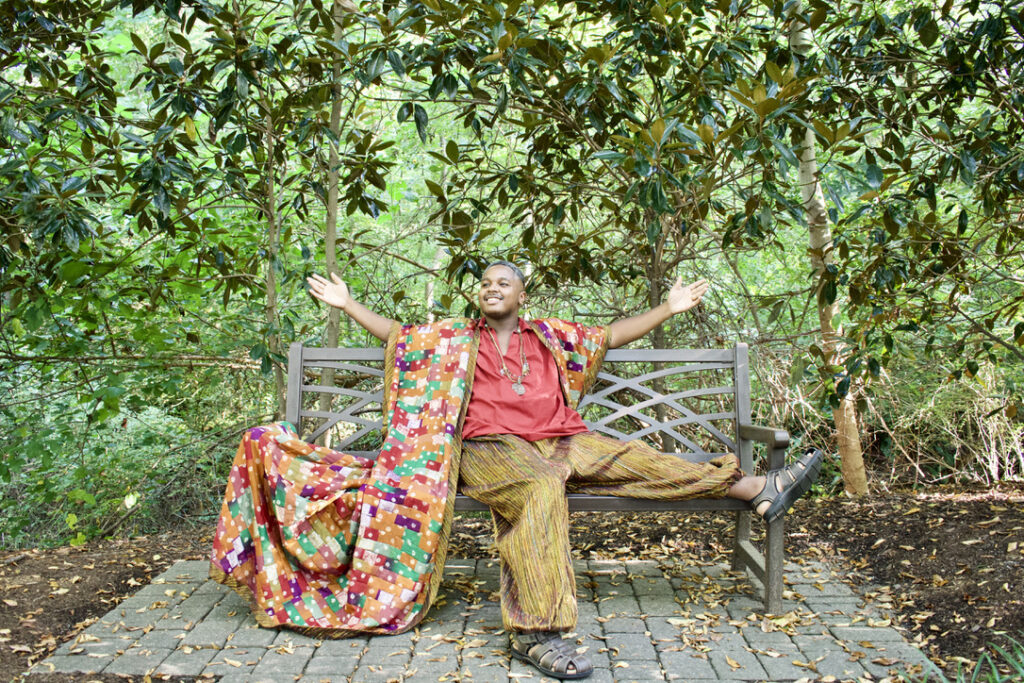
Scaffolding Change Committee Contact:
